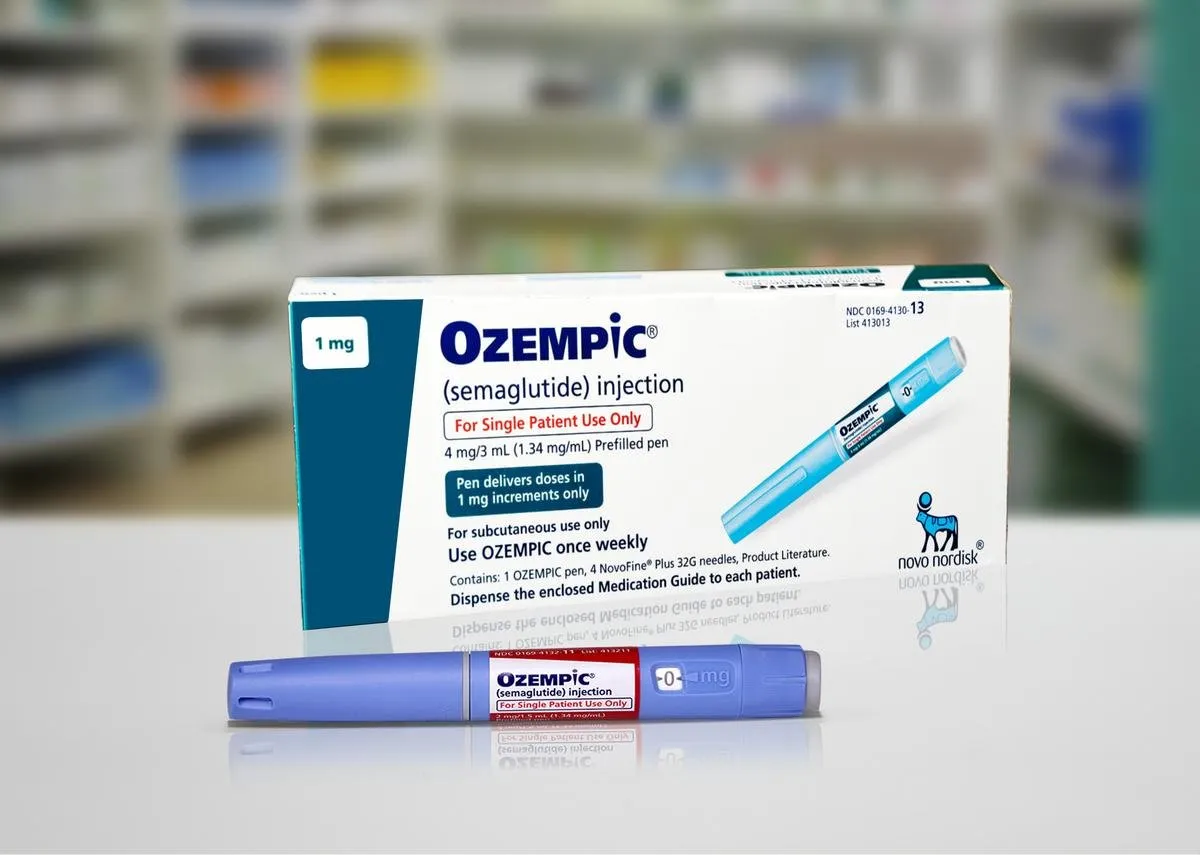Opioid Use Disorder: The Potential of Ozempic (Semaglutide) in Reducing Overdose Risk

Key Findings on Ozempic and Opioid Overdose Prevention
Ozempic (semaglutide) and Wegovy have been linked to a reduction in the risk of opioid overdoses among those with type 2 diabetes. Researchers analyzed over six years of medical data from nearly 33,000 patients diagnosed with opioid use disorder and type 2 diabetes. They discovered that patients prescribed semaglutide had a significantly lower likelihood of experiencing an opioid overdose compared to those taking various other diabetes medications.
Importance of the Study
The lead researcher, Rong Xu, emphasized that this research positions semaglutide as a promising new treatment option in tackling the ongoing opioid epidemic. The study was recently published on September 25 in JAMA Network Open. If confirmed through formal clinical trials, semaglutide could serve as a key alternative for those suffering from opioid addiction, especially when current treatments are insufficient.
Context and Statistics
- According to researchers, over 107,500 deaths in 2023 in the U.S. were due to drug overdoses, predominantly involving opioids.
- A staggering 72% of drug overdoses involved opioids.
- Only about a quarter of individuals dealing with opioid addiction receive effective medication for overdose prevention.
Experts highlight the urgency for alternative treatments, as many patients either fail to receive or respond adequately to current interventions. Dr. Sandeep Kapoor, an expert in emergency medicine and addiction services, notes the preliminary nature of these findings but acknowledges their potential importance.
This article was prepared using information from open sources in accordance with the principles of Ethical Policy. The editorial team is not responsible for absolute accuracy, as it relies on data from the sources referenced.